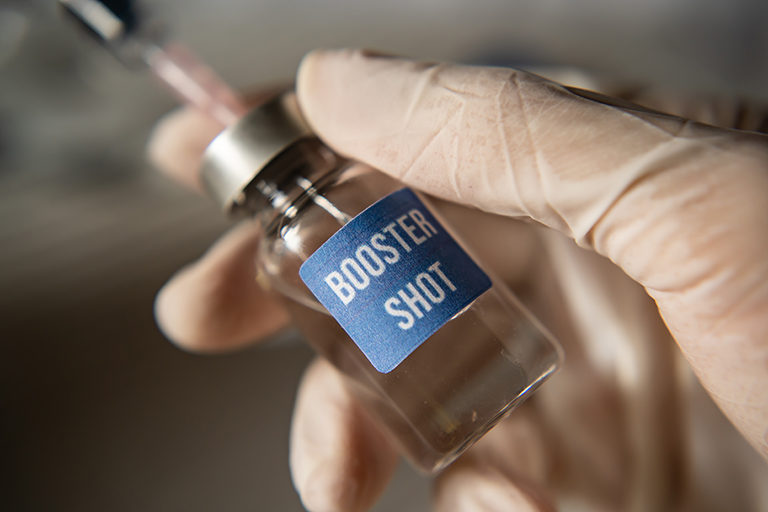
Living Well at Home

A scam is a false attempt by a person or organization to get a hold of your personal information or money. Scammers will use many ways to cheat people out of money. Right now, they are using the COVID-19 vaccine to take advantage of people.
Scammers may try to offer you early access to the COVID-19 vaccine. In exchange, they might ask for payment or for you to complete a form with your sensitive information. In other cases, scammers may try to sell vaccines directly to you. But the scams can take many forms. Scammers may also try to reach you in different ways.
Do not respond if you see ads or get emails or text messages promising access to the vaccine in exchange for payment or your personal information. These ads often lead to fake websites designed to steal your information.
COVID-19 vaccines are not available for private use. The distribution of COVID-19 vaccines is tracked by both the state of Massachusetts and the federal government. All healthcare professionals approved to provide the vaccines must follow the state’s vaccine distribution timeline. You can find up-to-date information at www.Mass.gov/COVIDvaccine.1 CCA will also update our website regularly with information to help keep you informed as distribution efforts continue across the state.
How to Protect Yourself from COVID-19 Vaccine Scams
If you think someone is trying to scam you, remember these key tips, even when you are contacted by people you may know:
- Never give out or confirm sensitive information—like your Medicare ID, CCA member ID, bank account, credit card, or Social Security number.
- Don’t click on links from sources you don’t know. They could download viruses on your computer or device.
- Don’t give your money to someone who demands it, without confirming the person’s identity, organization, and if their request is valid. Don’t send cash by mail, pay with a gift card, or wire money.
- Don’t trust a name or telephone number. Scammers often use official-sounding names and spoof phone numbers and email addresses to make you trust them.
- Ask questions and for information in writing that you can verify.
CCA will not ask you for private information like your Social Security number, bank account, or credit card information. If you are unsure, make sure to slow down. Give yourself time to think before giving out your personal information or money. Talk to someone you trust first. If you’re comfortable, you can talk to your CCA care partner. They can provide you with guidance to check out the information further.
To learn more, visit: https://oig.hhs.gov/coronavirus/vaccine-scams2020.pdf1
1 When you click this link, you will leave the Commonwealth Care Alliance website.
Related Articles


Covid-19 Fatigue and Burnout: How to Manage Those Feelings of Exhaustion
